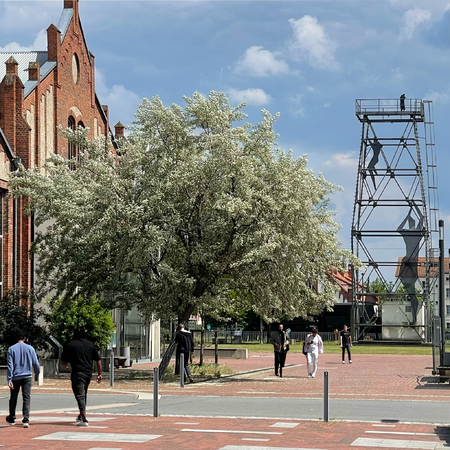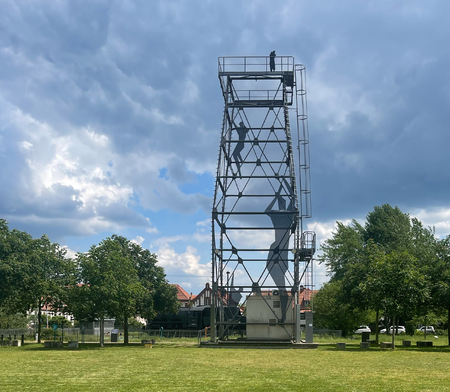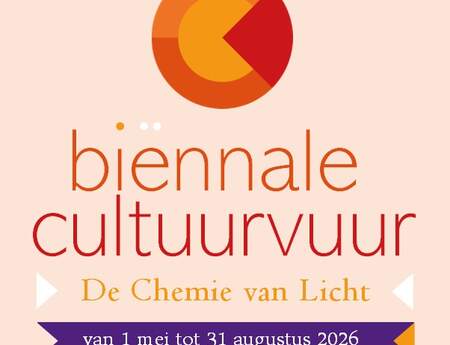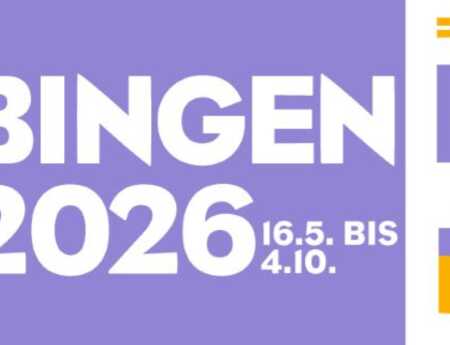Andreas Theurer
University of Applied Sciences Wildau
Hochschulring 1
15745 Wildau
Germany
SPEKTRALE 11
ART AND SCIENCE - UNLEASHING THE FORCES
For 22 years, the district of Dahme-Spreewald has been organising an art festival under the title Spektrale. This name stands for a wealth of ideas, a variety of artistic styles and unusual presentation venues. What once began as a modest indoor exhibition in the corridors of the district administration in Lübben (Spreewald) has now developed into an attractive cultural address in the state of Brandenburg. The artistic interventions, which are organised every two years and alternate with aquamediale, the second supra-regional art festival of the Dahme-Spreewald district, have so far installed multifaceted temporal signs in urban or natural spaces in Luckau and in the district town of Lübben (Spreewald) from May to September, using different media and original aesthetic ideas, which, in addition to visually expanding the landscape experience, encouraged sustainability and provoked thoughtfulness.
In 2024, the 11th edition of the spectrale art festival on the grounds of the Technical University in Wildau will attract attention and provide food for thought. With the exhibition at this unusual location, we want to explore various possibilities to initiate discourse and open up unfamiliar spaces for thought and action. Thanks to the overcoming of boundaries between departments, transformational spaces for thinking, feeling and acting can be created and promoted, in which questions of our origins and future are addressed. It is no coincidence that religions, the sciences and the arts have continually asked themselves these existential questions in the past and have come up with divergent results.
It is no coincidence that religions, the sciences and the arts have continually asked themselves these existential questions in the past and have come up with divergent results. Borderline experiences have therefore always been part of our culture. Last but not least, the common assertion that art knows no boundaries and is per se an unrestricted space of freedom will be put to the test and critically scrutinised in a panel discussion with artists, scientists and students. So what can scientists learn from artists and what can artists learn from scientists? Where are there similarities, interfaces and misunderstandings? The focus is on the relationship between art and science. In a broader sense, this includes climate and environmental protection, nature conservation, bio-diversity, biodiversity, artificial intelligence, bio-informatics, but also migration movements as a result of economic optimisation strategies.
Participating artists: Helge Leiberg, Matthias Zinn, Anna Grunemann, Christian Henkel, Ilka Raupach, Jay Gard, Anna Arnskötter, Thomasz Lewandowski, Susken Rosenthal, Andreas Theurer.



